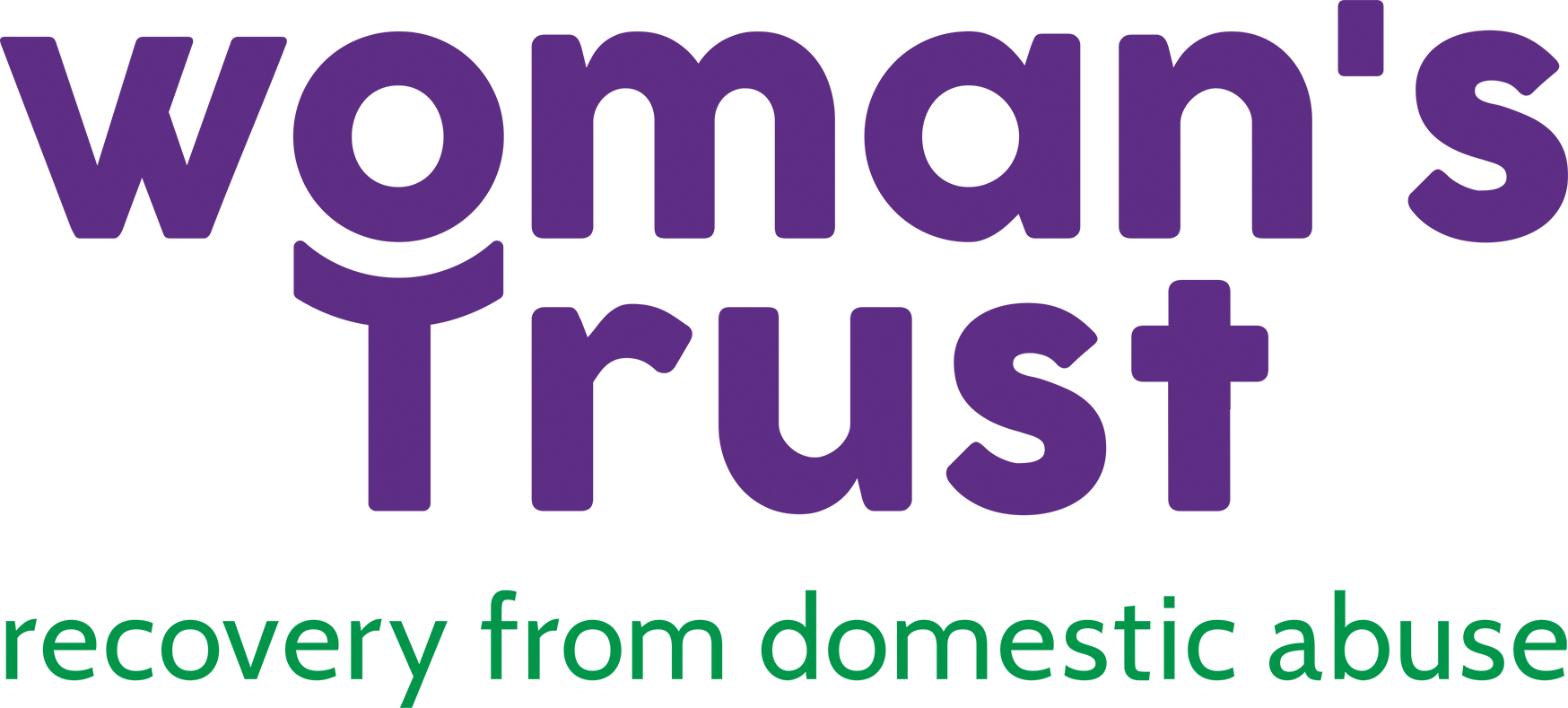What Is Domestic Abuse?
The Government definition of ‘domestic violence’ covers many other aspects of domestic abuse – it is not limited to physical violence.
Read what else is included.
Domestic abuse can include, but is not limited to:
• psychological abuse – including threatening and intimidating behaviour
• physical abuse
• sexual abuse – including rape within marriage or relationships
• financial abuse – including controlling access to money
• emotional abuse
Female genital mutation (FGM) and forced marriage are also included within the definition.
Lastly, the definition recognises that it is not just spouses or partners who are perpetrators of abuse – the abuser could be another close family member, or friend.
The cross-government definition of domestic violence and abuse
“Any incident or pattern of incidents of controlling, coercive, threatening behaviour, violence or abuse between those aged 16 or over who are, or have been, intimate partners or family members regardless of gender or sexuality.”

Domestic abuse doesn’t discriminate.
Your background, your education, your wealth, your age, your job, where you grew up – none of it matters.
Because it’s not about you. Abusers are the ones who make the choice about their behaviour.
If you are in an abusive relationship, it’s important to remember that what happens is not your fault.
Coercive behaviour
Coercive behaviour is an act or pattern of behaviour which may include:
- assault
- threats
- humiliation
- intimidation
- other abuse that is used to harm, punish, or frighten someone
(This is not a legal definition.)
What is controlling behaviour?
Anything that is designed to make someone subordinate and/or dependent by:
- isolating them from sources of support, such as friends, family, or colleagues
- exploiting their resources (e.g. money, property or car) and capacities for personal gain
- depriving them of the means needed for independence, resistance and escape, for example, by controlling their access to money
- regulating their everyday behaviour (e.g. telling them what you wear, who they can and cannot spend time with, where they may or may not go)
